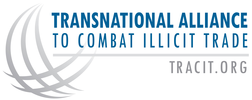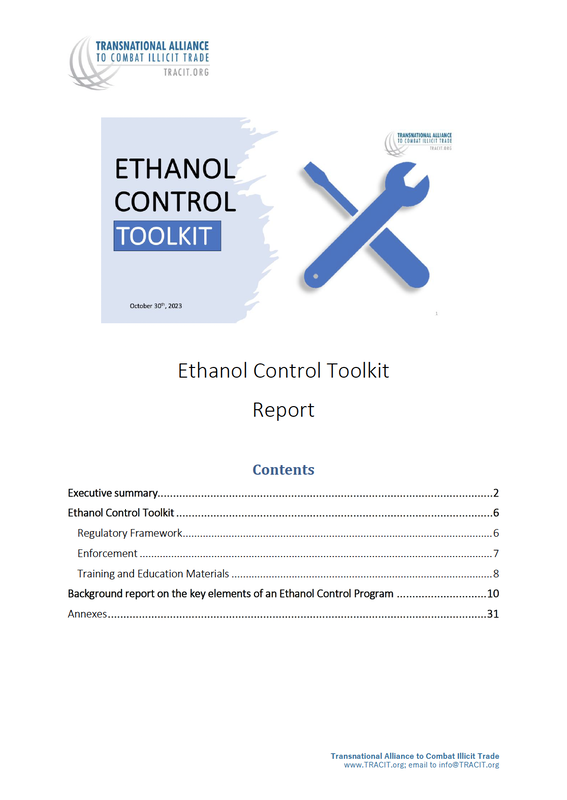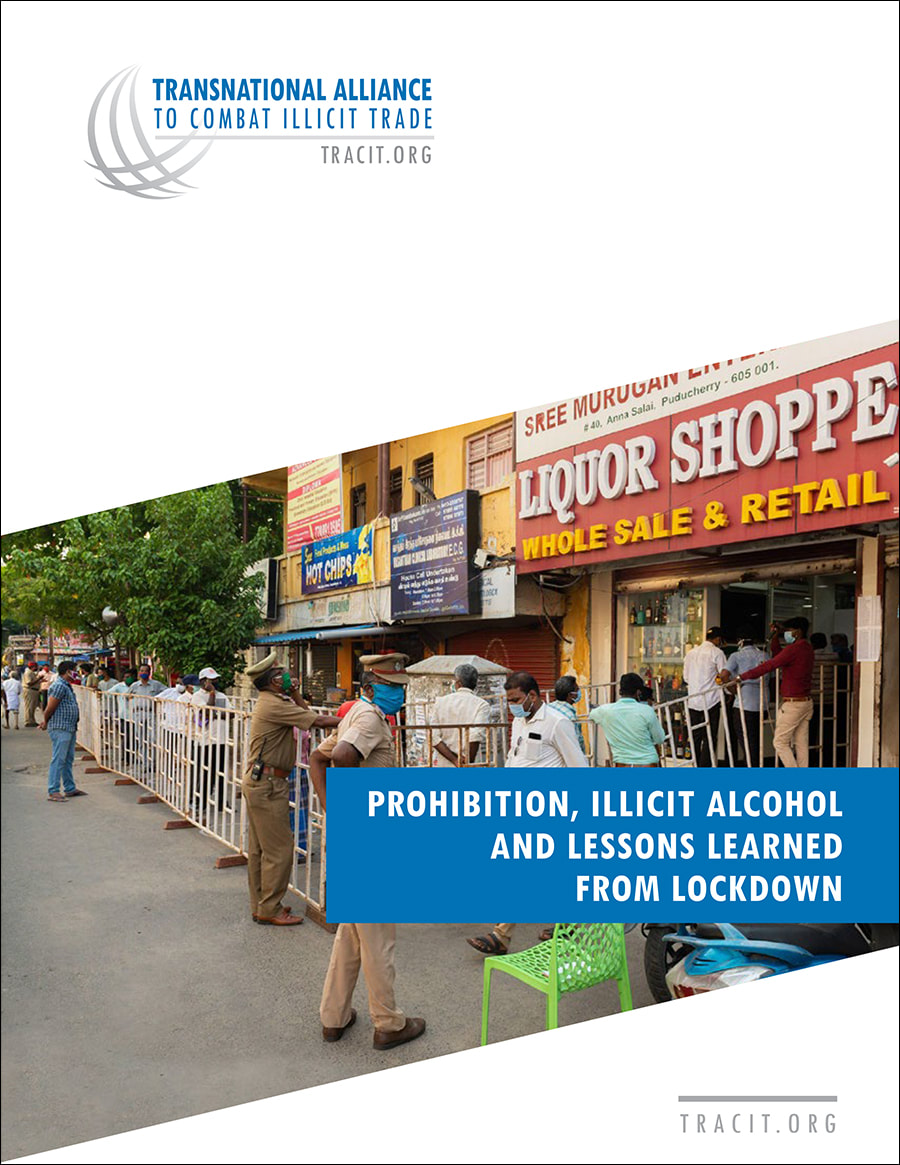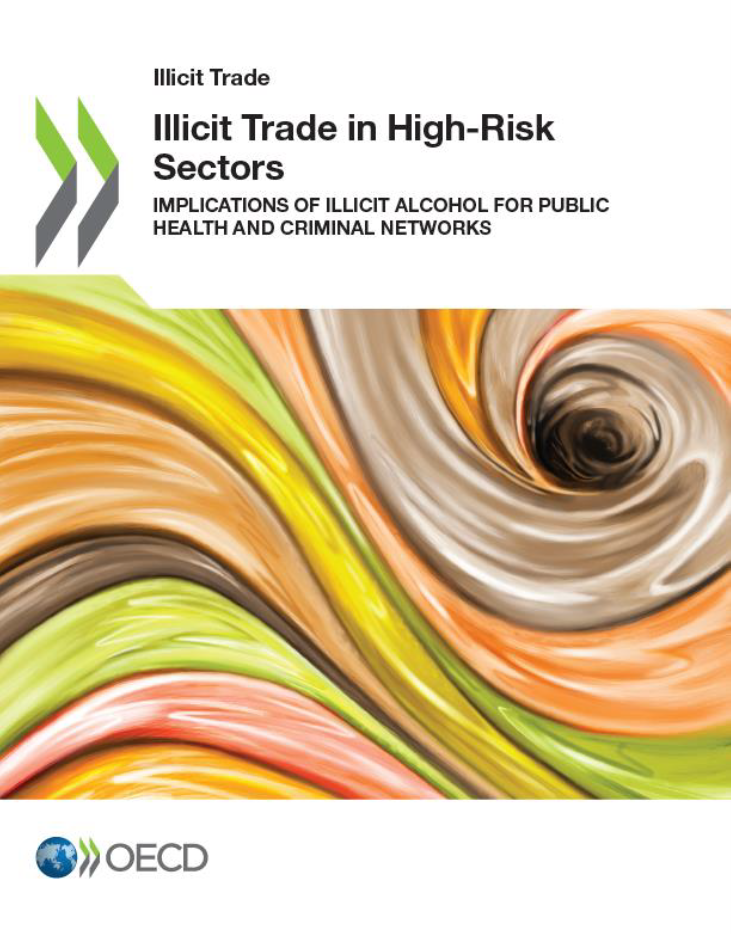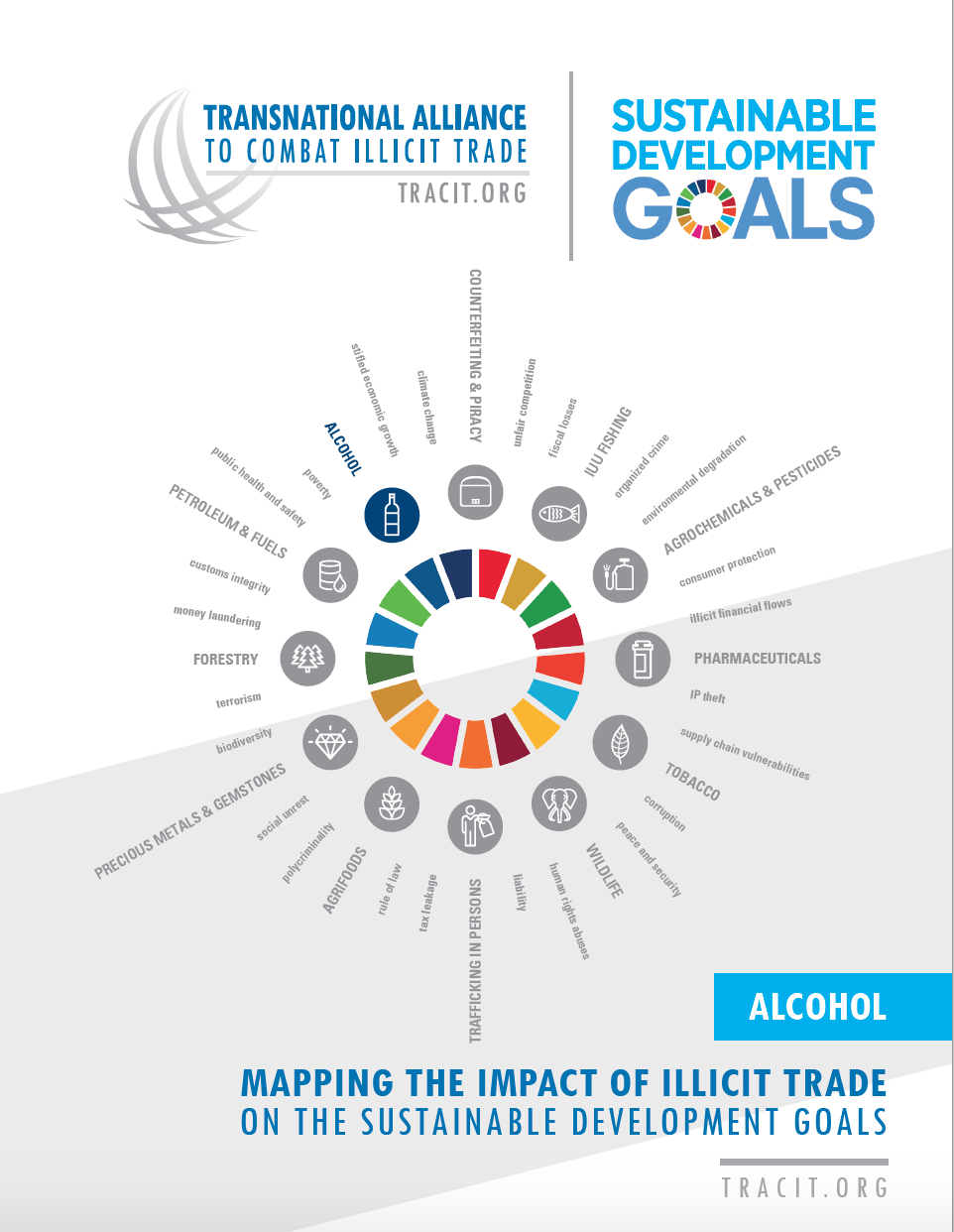Illicit Trade in Alcohol

Illicit trade in alcohol is widespread, representing significant percentages of alcohol consumption worldwide and stripping governments of billions of dollars in tax revenues. According to Euromonitor’s 2018 Global Study on Illicit Alcohol, 1 in 4 alcohol bottles are illicit, representing 25.8% of all global consumption.
In addition to the serious health risk for consumers, the illicit trade in alcohol results in substantial losses in tax and duty revenue for governments. According to the Euromonitor report, the fiscal loss to governments in these countries is as much US$ 3.6 billion every year. These findings correspond to a 2016 report by the EU Intellectual Property Office that estimated counterfeit spirits and wine drain €1.2 billion (US$1.4 billion) in government revenues in Europe, of which €739 million (US$843 million) are excise duties. For industry, the main impact relates to lost market shares, costs related to intellectual property theft, reputational damage and lost consumer trust.
What is Illicit Alcohol? Illicit trade in alcohol encompasses a wide variety of illegal activity that is typically characterized as:
Featured Events
Featured videos
Featured reports
Country studies
Reports prepared by Euromonitor International
|
Learn how illicit alcohol impacts the achievement of the UN Sustainable Development Goals
From smuggling, counterfeiting and tax evasion, to the illegal sale or possession of goods, services, humans and wildlife, illicit trade is compromising the attainment of the UN SDGs in significant ways, crowding out legitimate economic activity, depriving governments of revenues for investment in vital public services, dislocating millions of legitimate jobs and causing irreversible damage to ecosystems and human lives.
The TRACIT report Mapping the Impact of Illicit Trade on the Sustainable Development Goals investigates illicit trade in 12 key sectors that participate significantly in international trade and are most vulnerable to illicit trade. For each sector, the negative impacts of illicit trade are mapped against the 17 UN SDGs. The full report is available here. Read the chapter: SDGs and illicit trade in alcohol RISKS ASSOCIATED WITH ILLICIT ALCOHOL
MEDIA CENTER Costa Rica
Colombia
South Africa
Mexico
India Other
|
